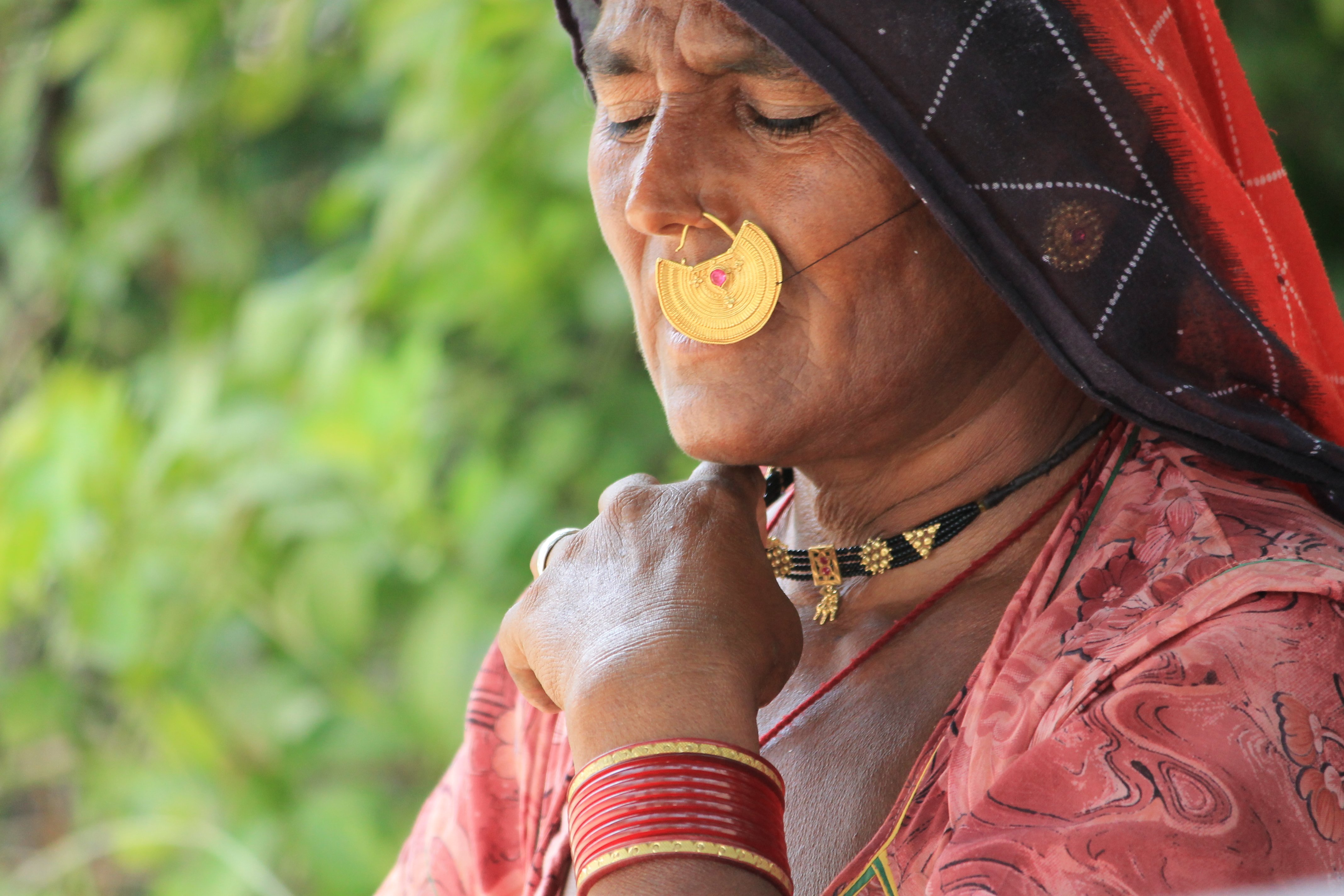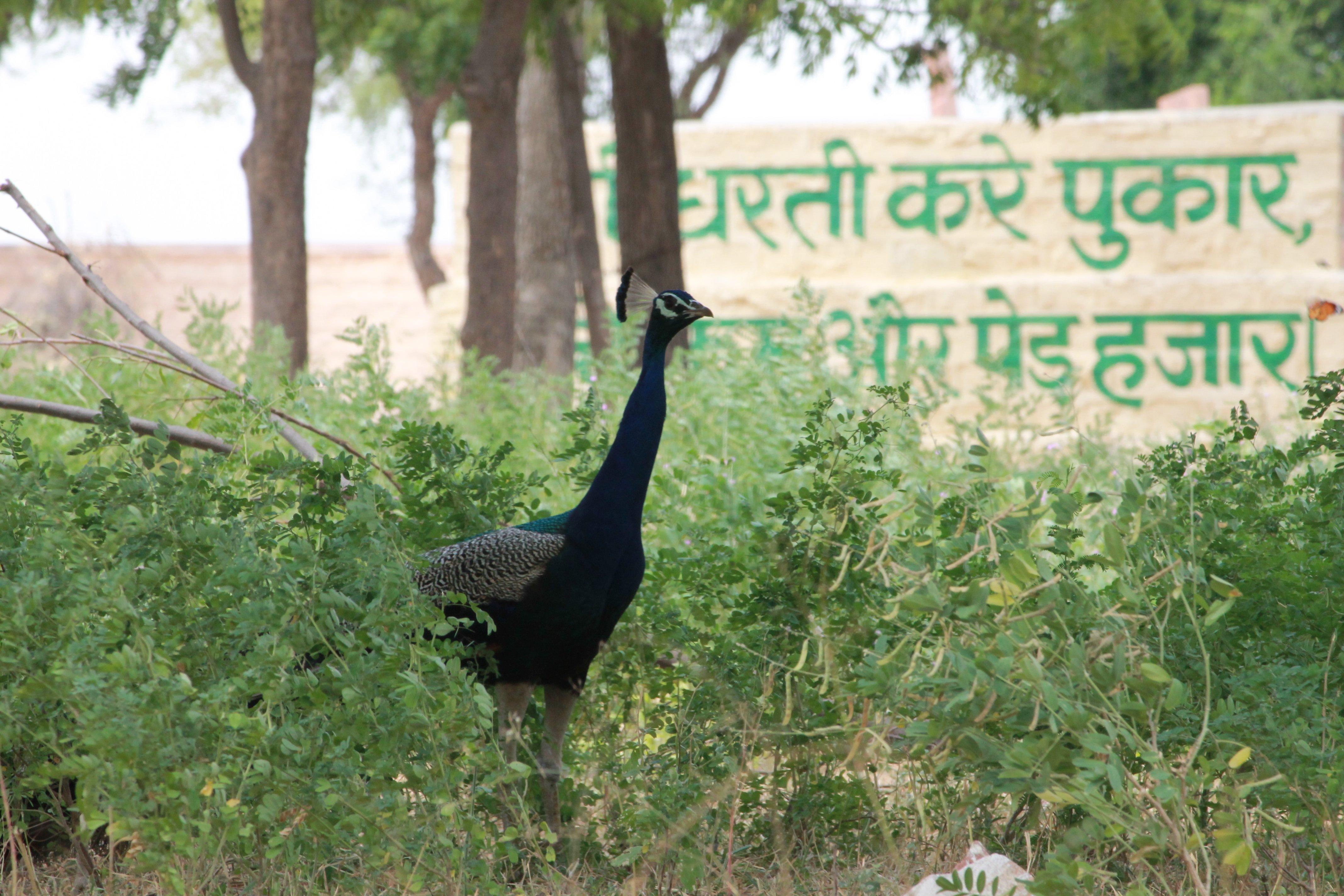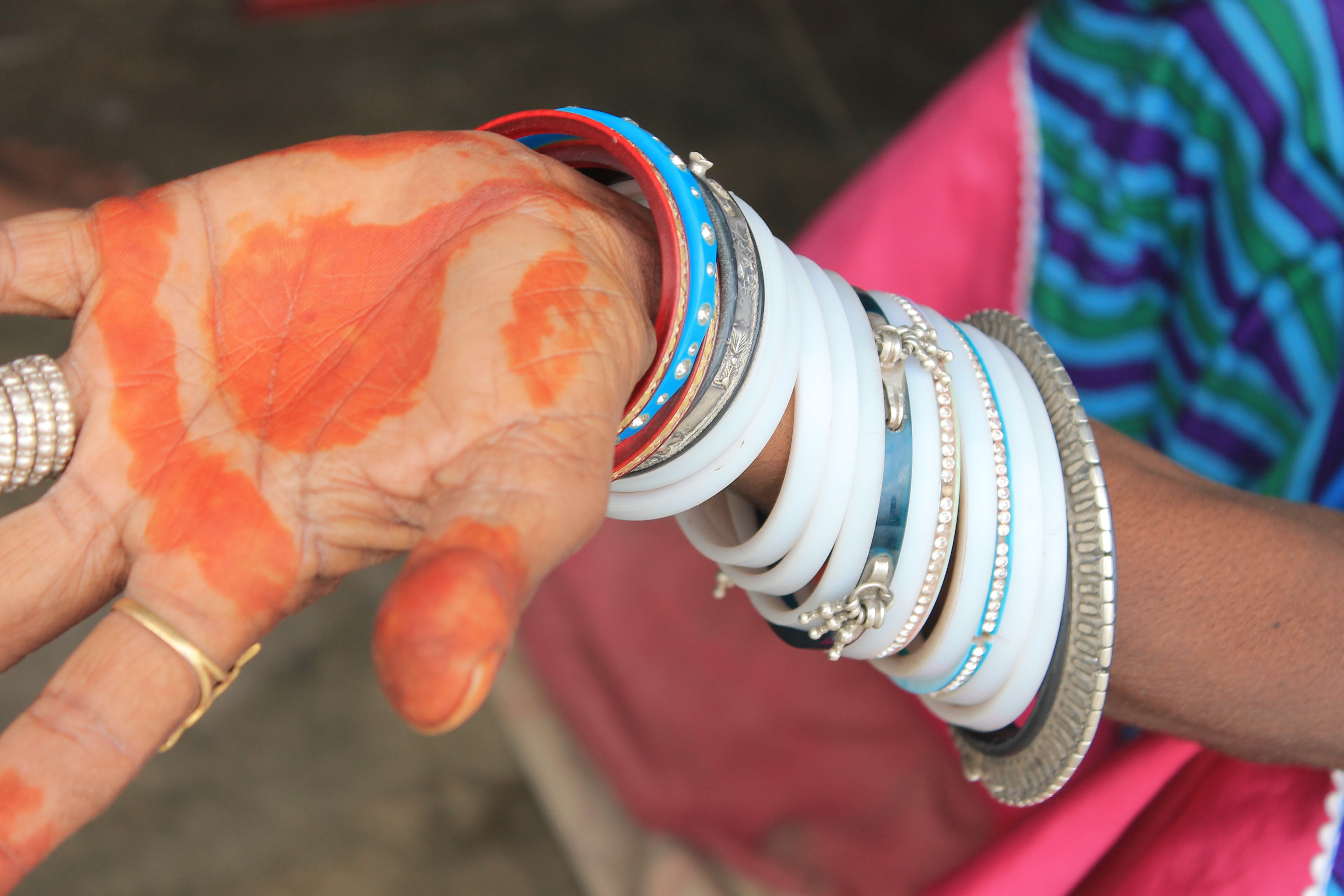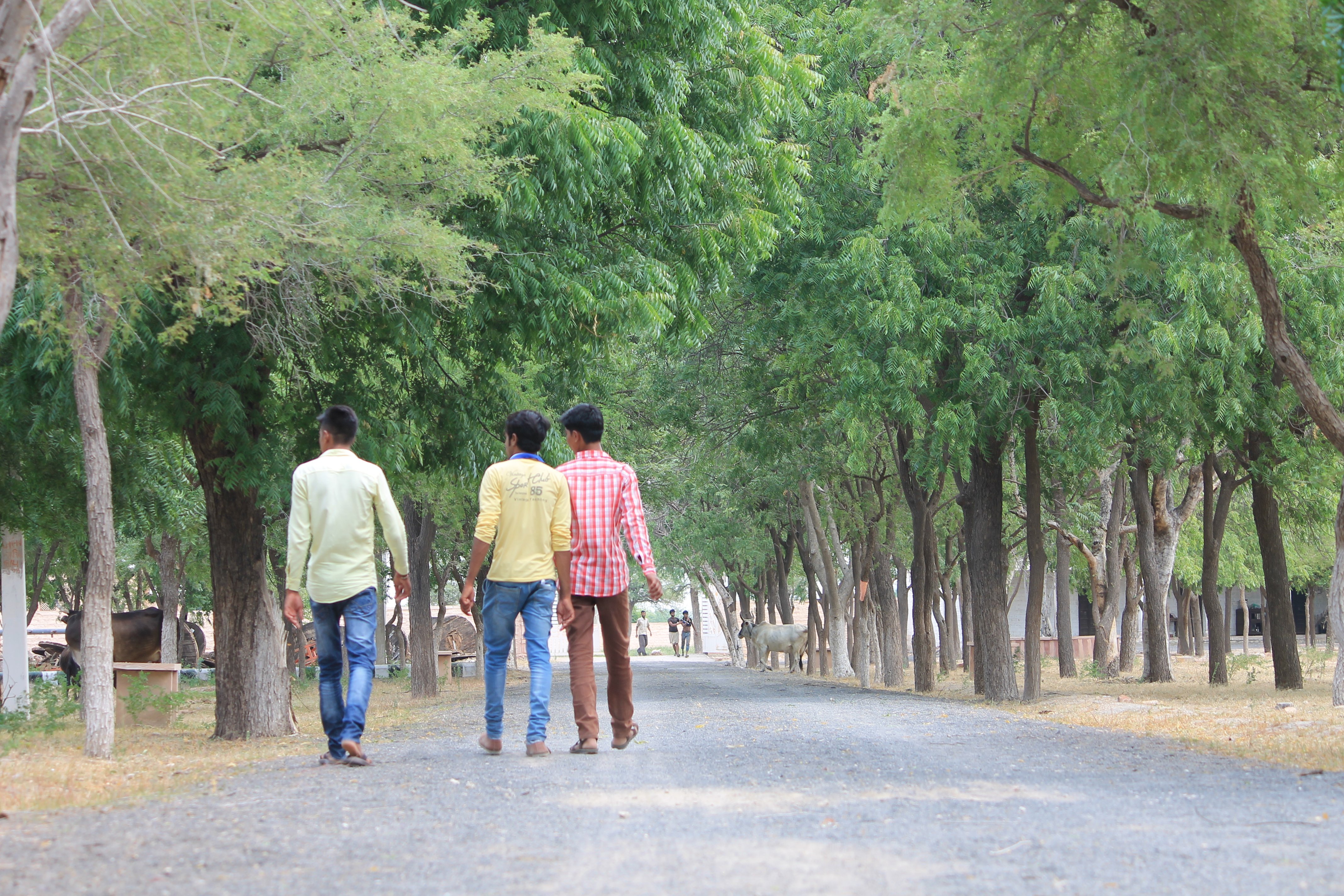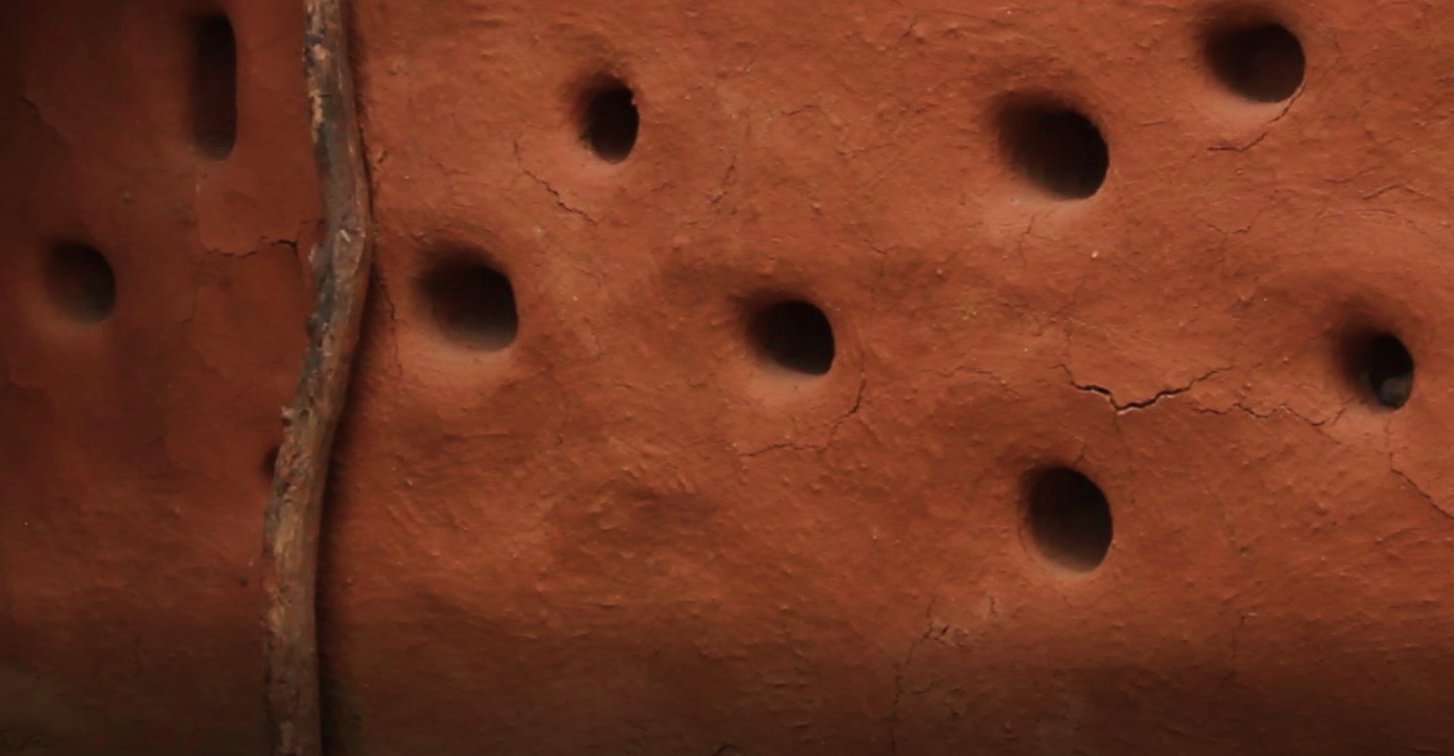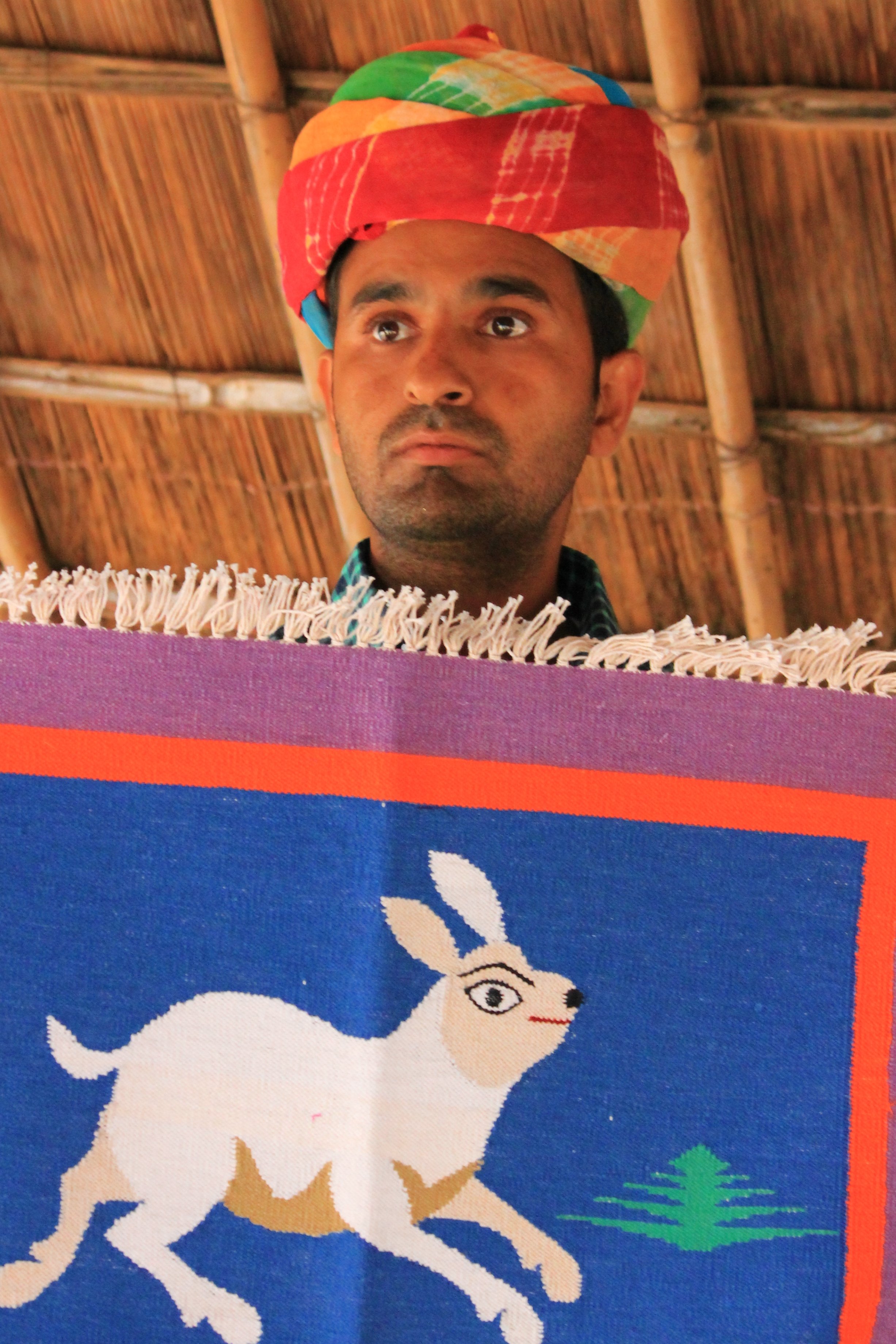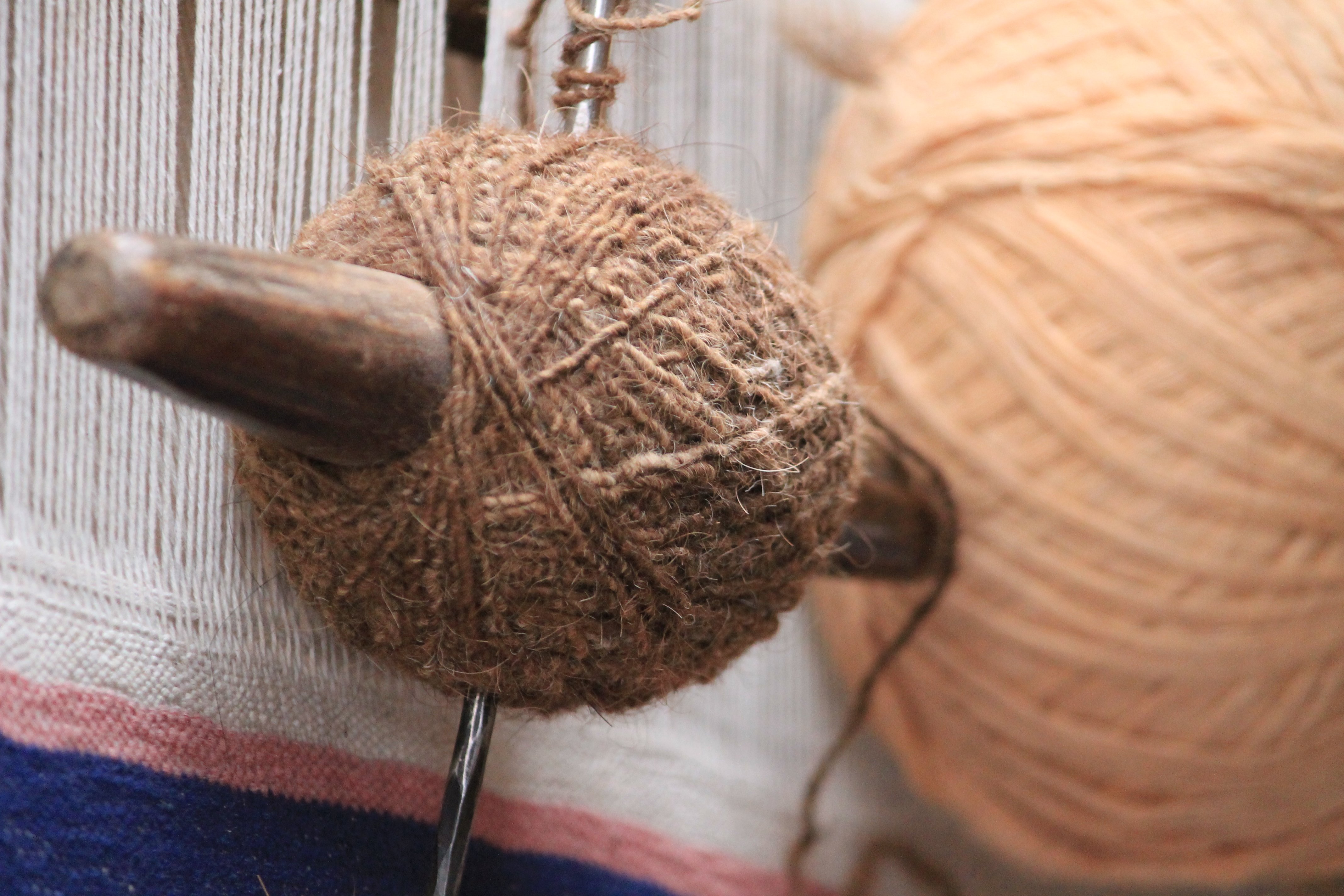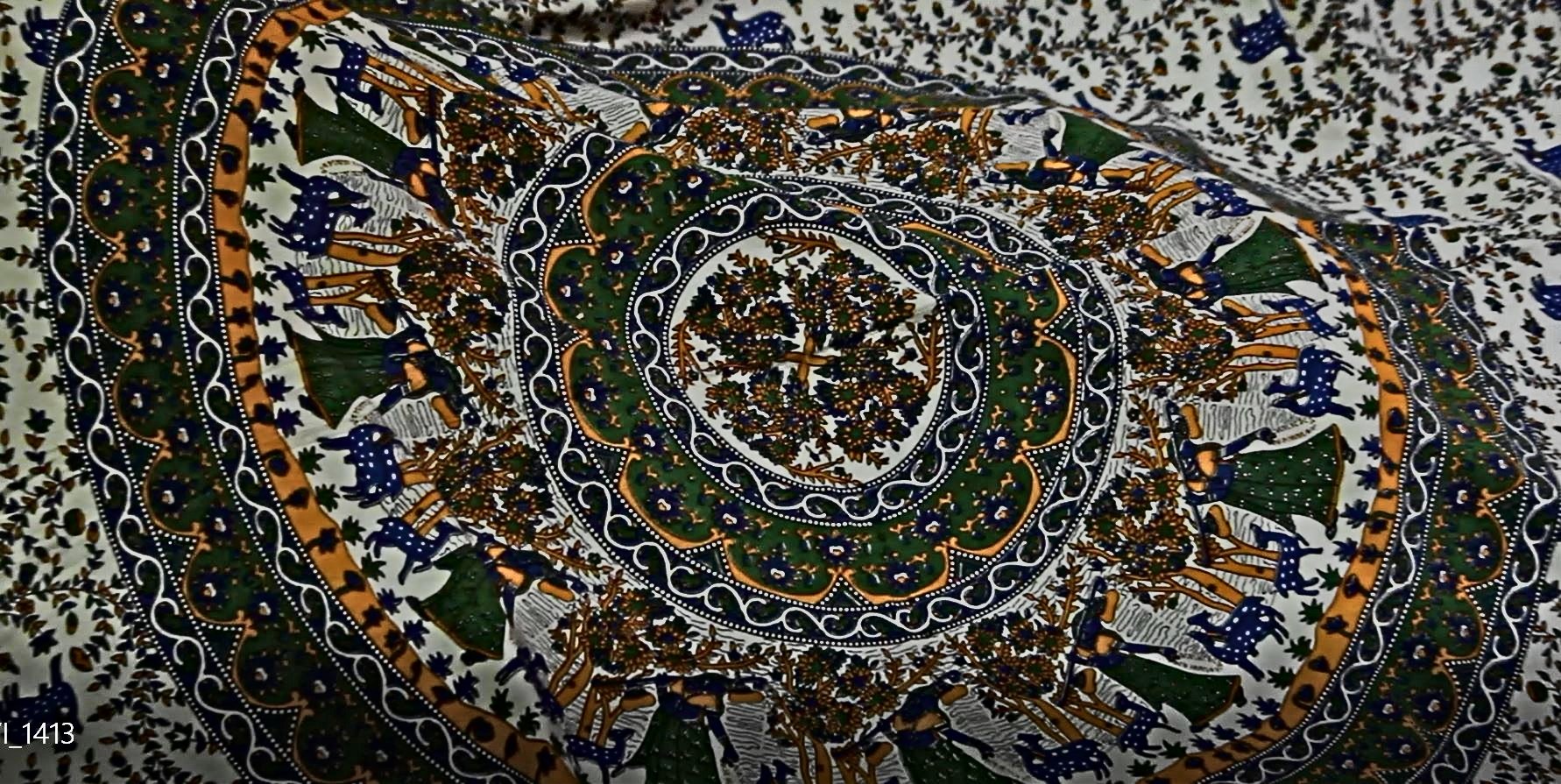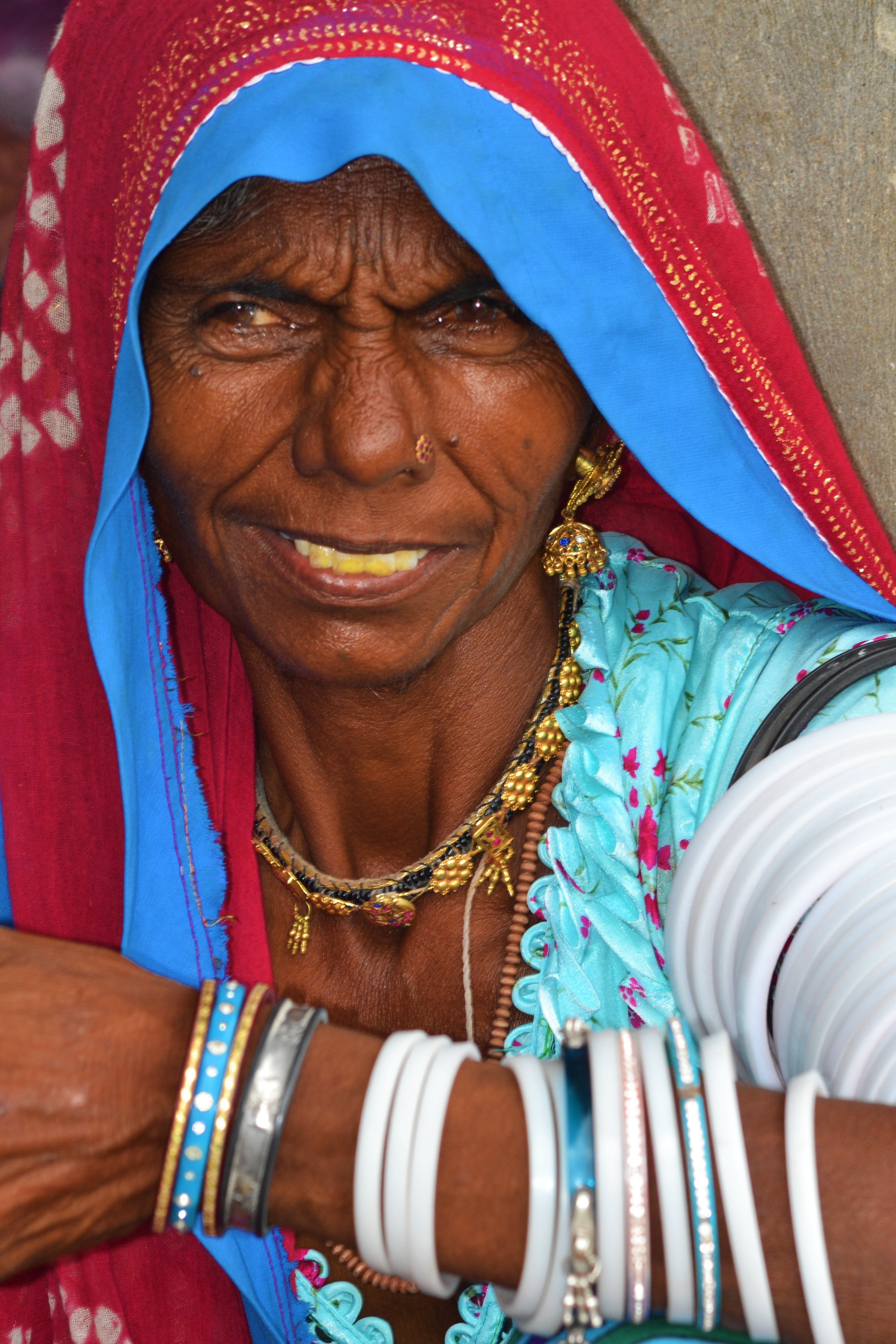Hello Steemians.
Hope everyone is having an amazing time!
So this is my travel experience at one of the small village in Jodhpur. I earlier shared my post on pottery (@itravelarts/spinning-the-wheel-pottery-studio) and now I am sharing the clothes and culture of the village. Please watch the video to understand better.
I wanted to do a documentary on the costumes for a scholarly project. But what intrigued me most was how the beliefs and culture of a community has influenced the crafts of the place and the amazing dedication these people have to their beliefs. Bishnoi - 'Bish' meaning twenty and 'noi' meaning nine - for their 29 principles emphasizing the protection of plant and animal life. Everything they have done so far and ddoesis around their two most important principles given by guru Jambeshwar
“Jeev daya palni”- be compassionate to all living beings.
“Runkh leelo nahi ghave””- not to cut green trees
I am sure everyone has heard of the conviction and sentencing of superstar Salman Khan in the black buck poaching case. It is the same Bishnoi community who kept fighting for animal rights. One community who is completely against animal hunting and felling trees.
https://www.firstpost.com/india/salman-khan-convicted-in-black-buck-poaching-case-rajasthans-bishnoi-community-vows-to-continue-fight-4419197.html

Spending a few days in the blue city, soaking in all the beauty, I started my journey to Khejarli Village, a small town in Jodhpur district of Rajasthan, India.
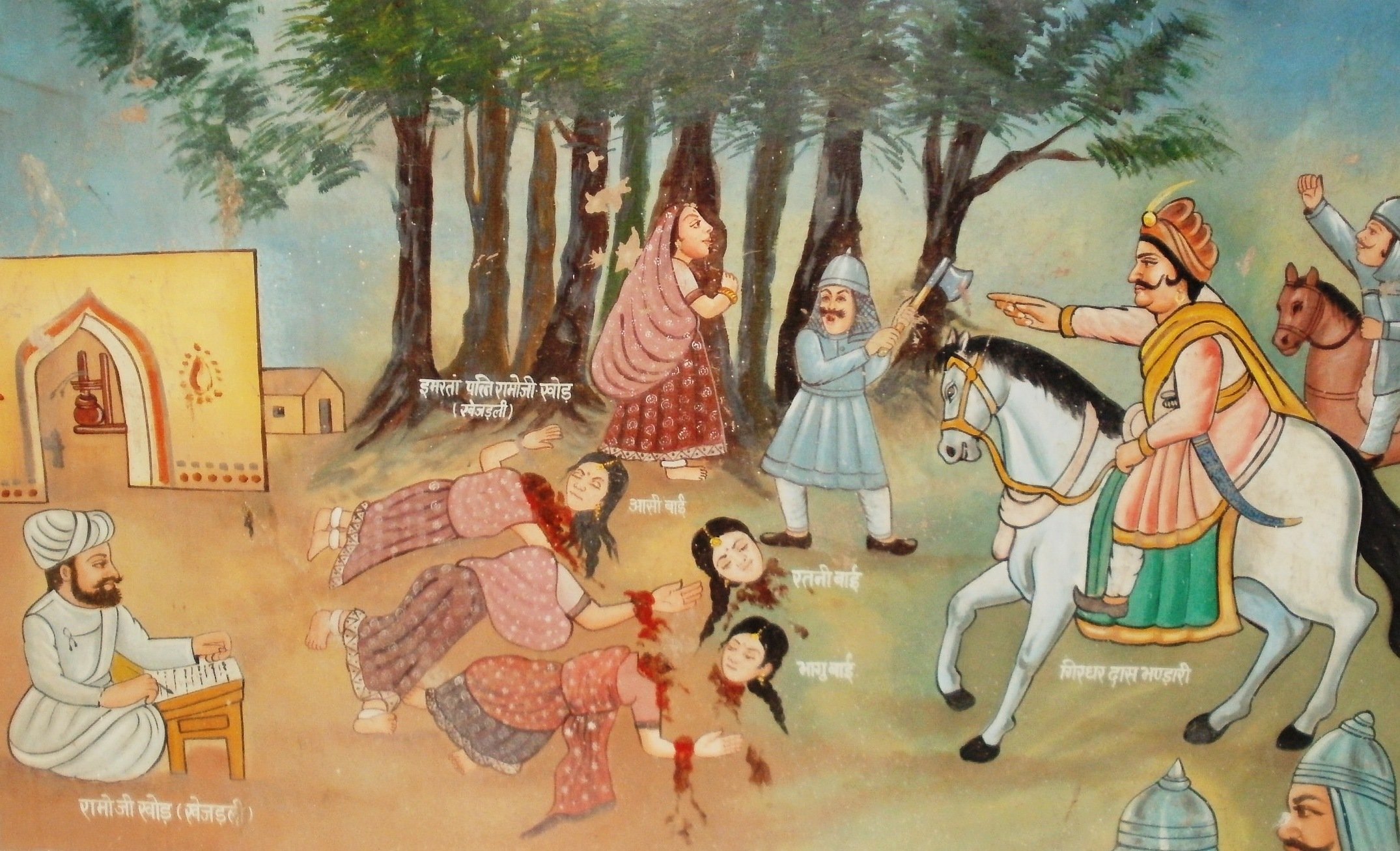
Source- Unknown
The name of the town is derived from Khejri (Prosopis Cineraria) trees are abundant in the village. In this village 363 Bishnoi's sacrificed their lives in 1731 AD while protecting green Khejri that are considered sacred by the community. The incident was a forebear of the 20th-century Chipko Movement (Source- Wikipedia)
The village is a mix of many cultures and crafts- from weaving durries to block printing to pottery. But in every craft, one thing is common – their love for nature.
As soon as you enter the village you can see farms of Bajra /pearl millet. Bishnoi's are generally farmers by profession, men and women equally work. It was a summer afternoon, around 48 degrees temperature and I would have been sweating in this weather, but this place in the middle of the desert was with fresh clean air. I have lived all my life in Rajasthan and have known how hot it is in summers, but this was a surprise to me.
Sar santey rukh rahe to bhi sasto jan" (If a tree is saved even at the cost of one's head, it's worth it) something every village believes and follows.
One religion on the principles of conserving nature and saving lives.
Singhasani: Potters village
Bishnois generally stay in small hamlets which are called by locals as Dhani, the floors made from mud are plastered with cow dung to avoid the growth of vermin.
Singhasani is a very small village, reservoir of art, where potters practice the skills handed down from one generation to the next.
The sustainable methods of Bishnois extend to their livelihood and this is reflected in the various hand made products crafted by the potters of the village.
Mud crafted camels, deer, antelopes and even fish, breaking a regional monopoly of traditional pottery.
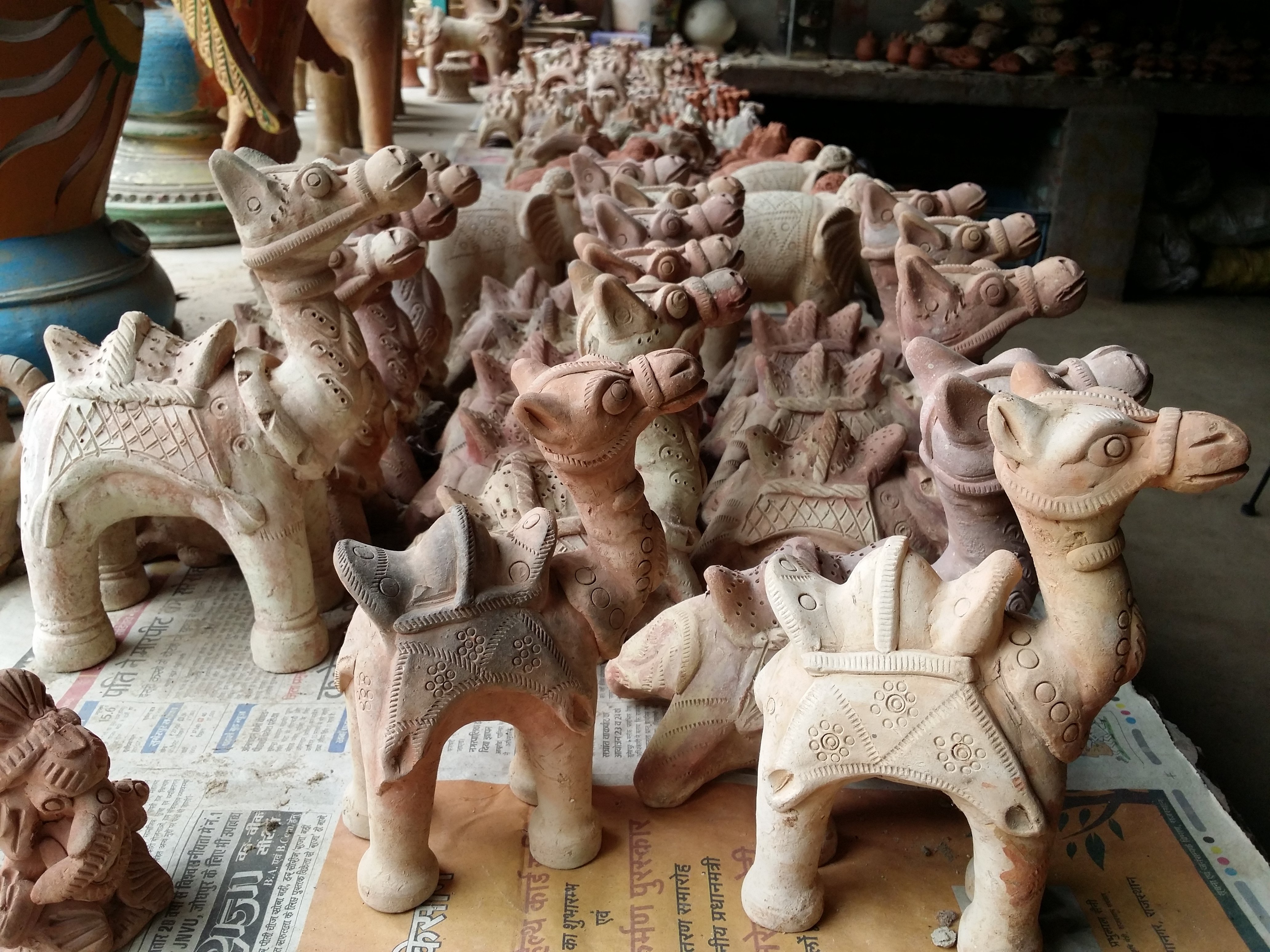
The products they do, tell a story of their love towards the environment and how they too are affected by Bishnois.
Check out my complete blog here on pottery : (@itravelarts/spinning-the-wheel-pottery-studio)
Salawas, a close by village where weavers work together to create the magic carpets to keep alive one of its most famous traditions.
These carpets are then sold in Jodhpur
Weaved out of cotton, wool or camel hairs using natural dyes and colors extracted from plants.
Woven motifs reflecting the story of the village environment of the time.
“Bishnoi people live in peace and harmony with animals, a woman of Bishnoi community will breast feed an orphaned deer calf if required, and that love I have tried to show in my design.”
Kankani Village - Block printing:
For clothing, tie dye, bandhani and block printed textiles are a common choice for Bishnois.
Exquisite, traditional textiles all hand printed with wooden blocks, Needless to say, all dyes are natural and extracted from plants.
I will be posting the next part too- about their lifestyle and costume- which is as vibrant and colorful as the people there.
Sneak peak
Check out my blog: (https://www.itravelarts.com/)
I hope you enjoyed reading it.
Love. Swati <3

